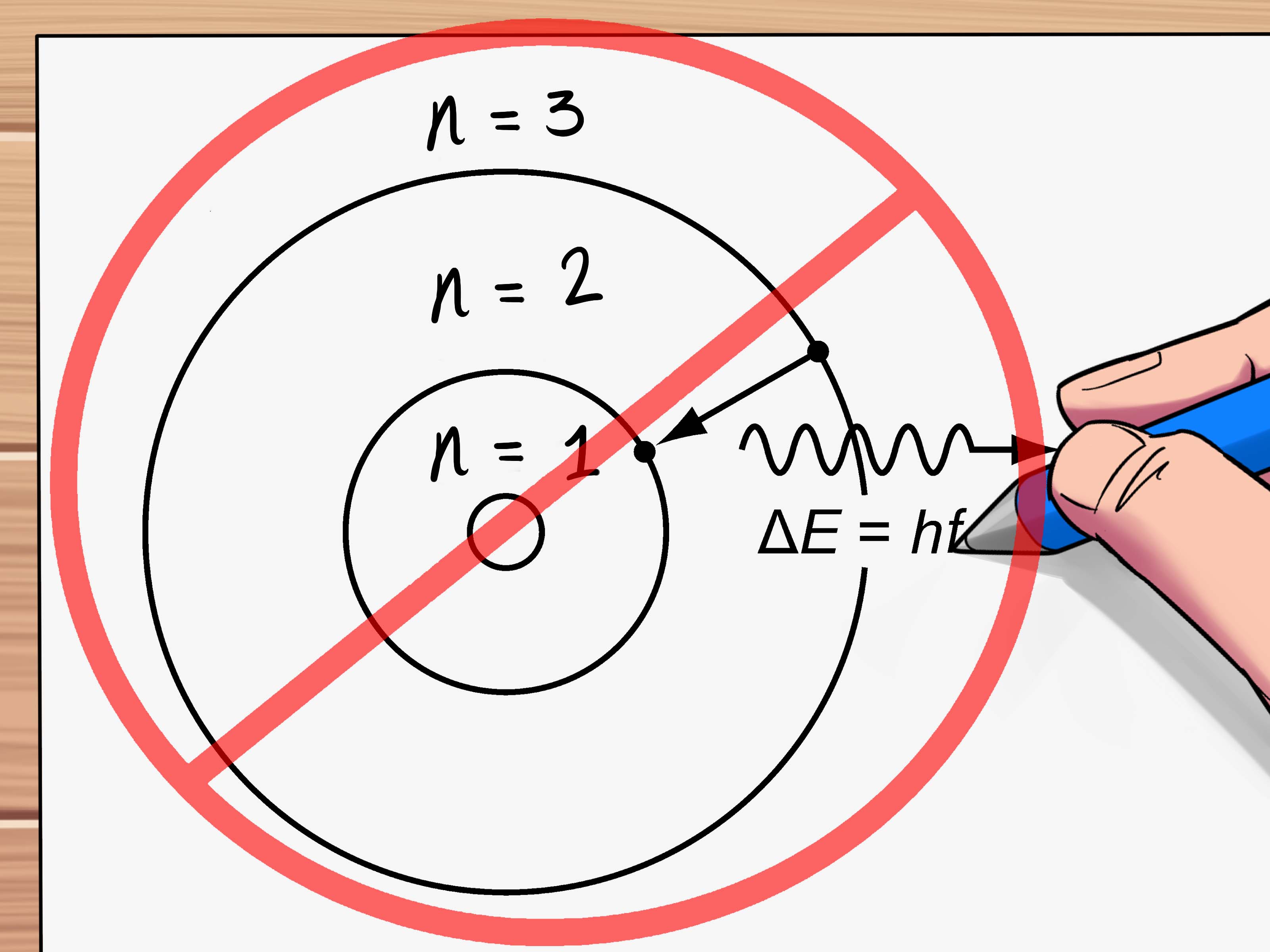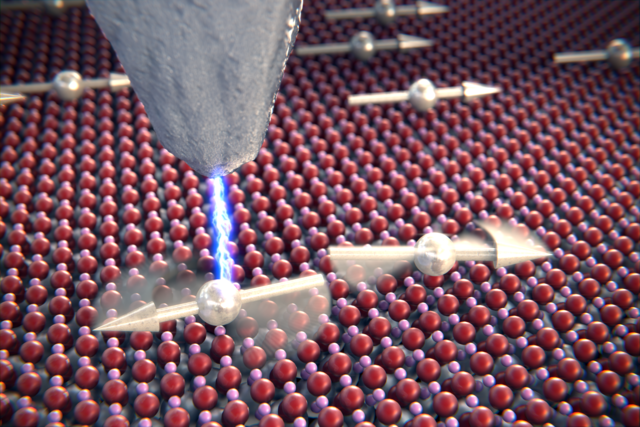- Joined
- Oct 9, 2007
- Messages
- 47,895 (7.38/day)
- Location
- Dublin, Ireland
| System Name | RBMK-1000 |
|---|---|
| Processor | AMD Ryzen 7 5700G |
| Motherboard | Gigabyte B550 AORUS Elite V2 |
| Cooling | DeepCool Gammax L240 V2 |
| Memory | 2x 16GB DDR4-3200 |
| Video Card(s) | Galax RTX 4070 Ti EX |
| Storage | Samsung 990 1TB |
| Display(s) | BenQ 1440p 60 Hz 27-inch |
| Case | Corsair Carbide 100R |
| Audio Device(s) | ASUS SupremeFX S1220A |
| Power Supply | Cooler Master MWE Gold 650W |
| Mouse | ASUS ROG Strix Impact |
| Keyboard | Gamdias Hermes E2 |
| Software | Windows 11 Pro |
Today, IBM has unveiled a new milestone on its quantum computing road map, achieving the company's highest Quantum Volume to date. Combining a series of new software and hardware techniques to improve overall performance, IBM has upgraded one of its newest 27-qubit client-deployed systems to achieve a Quantum Volume 64. The company has made a total of 28 quantum computers available over the last four years through IBM Quantum Experience.
In order to achieve a Quantum Advantage, the point where certain information processing tasks can be performed more efficiently or cost effectively on a quantum computer, versus a classical one, it will require improved quantum circuits, the building blocks of quantum applications. Quantum Volume measures the length and complexity of circuits - the higher the Quantum Volume, the higher the potential for exploring solutions to real world problems across industry, government, and research.
To achieve this milestone, the company focused on a new set of techniques and improvements that used knowledge of the hardware to optimally run the Quantum Volume circuits. These hardware-aware methods are extensible and will improve any quantum circuit run on any IBM Quantum system, resulting in improvements to the experiments and applications which users can explore. These techniques will be available in upcoming releases and improvements to the IBM Cloud software services and the cross-platform open source software development kit (SDK) Qiskit.
"We are always finding new ways to push the limits of our systems so that we can run larger, more complex quantum circuits and more quickly achieve a Quantum Advantage," said Jay Gambetta, IBM Fellow and Vice President, IBM Quantum. "IBM's full-stack approach gives an innovative avenue to develop hardware-aware applications, algorithms and circuits, all running on the most extensive and powerful quantum hardware fleet in the industry."
The IBM Quantum team has shared details on the technical improvements made across the full stack to reach Quantum Volume 64 in a preprint released on arXiv, today.
IBM Quantum Highlights
View at TechPowerUp Main Site
In order to achieve a Quantum Advantage, the point where certain information processing tasks can be performed more efficiently or cost effectively on a quantum computer, versus a classical one, it will require improved quantum circuits, the building blocks of quantum applications. Quantum Volume measures the length and complexity of circuits - the higher the Quantum Volume, the higher the potential for exploring solutions to real world problems across industry, government, and research.
To achieve this milestone, the company focused on a new set of techniques and improvements that used knowledge of the hardware to optimally run the Quantum Volume circuits. These hardware-aware methods are extensible and will improve any quantum circuit run on any IBM Quantum system, resulting in improvements to the experiments and applications which users can explore. These techniques will be available in upcoming releases and improvements to the IBM Cloud software services and the cross-platform open source software development kit (SDK) Qiskit.
"We are always finding new ways to push the limits of our systems so that we can run larger, more complex quantum circuits and more quickly achieve a Quantum Advantage," said Jay Gambetta, IBM Fellow and Vice President, IBM Quantum. "IBM's full-stack approach gives an innovative avenue to develop hardware-aware applications, algorithms and circuits, all running on the most extensive and powerful quantum hardware fleet in the industry."
The IBM Quantum team has shared details on the technical improvements made across the full stack to reach Quantum Volume 64 in a preprint released on arXiv, today.
IBM Quantum Highlights
- IBM has reached Quantum Volume 64 on a 27-qubit system deployed within the IBM Q Network
- 28 quantum computing systems deployed on the IBM Cloud over the last four years with eight systems boasting a Quantum Volume of 32
- The IBM Q Network has 115 client, government, startup, partner, and university members
- 250,000+ registered users of the IBM Quantum Experience
- Users routinely execute more than 1 Billion hardware circuits per day on IBM Quantum systems on the IBM Cloud
- Researchers have published 250+ papers based on work on IBM Quantum systems
View at TechPowerUp Main Site








 But I really only see the upside here. Its progress. The more we know, the more we can secure. More so than upsides or downsides, is this a technological race, an arms race if you consider states between each other, even.
But I really only see the upside here. Its progress. The more we know, the more we can secure. More so than upsides or downsides, is this a technological race, an arms race if you consider states between each other, even.